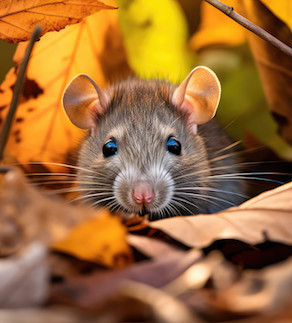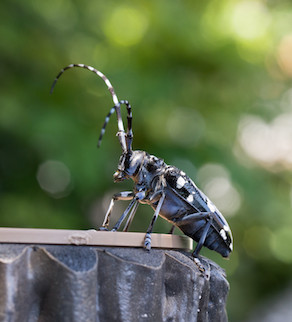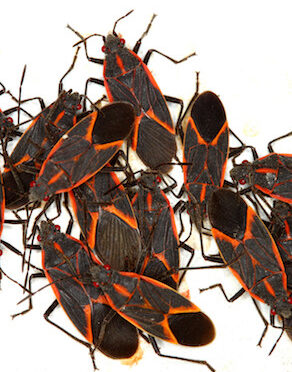Welcome to Alexandria Pest Services, Inc. (APS):
a leading provider of pest management solutions throughout the metropolitan Washington, D.C. region. We service diverse customers located in Northern Virginia, Maryland, the District, and beyond, and specialize in helping government, commercial, and residential clients with a wide variety of pest control challenges. Notably, we focus on using best practices, innovative products, and unique treatment methods, which are customized to each client. As a result, APS is able to provide the safest and most efficient pest control solutions possible. Additionally, our highly trained team of technicians is well-known for delivering unparalleled service and consistently exceeding customer expectations.
FEATURED POSTS
Crickets in Your Walls: What Northern Virginia Homeowners Need to Know
If you’ve been hearing persistent chirping inside your home, especially at night, chances are you have crickets hiding in your walls. While a single cricket might seem harmless, an infestation can be disruptive and even cause damage over time. At Alexandria Pest Services, we help homeowners throughout Northern Virginia deal with unwanted pests—including crickets that … Continue reading Crickets in Your Walls: What Northern Virginia Homeowners Need to Know
Read More >Top 6 Tips to Keep Pests Out of Your Northern Virginia Home This Fall
As the temperatures drop and leaves start falling, pests start looking for warm, safe places to spend the winter—and your home is a prime target. In Northern Virginia, mice, spiders, ants, roaches, and even stink bugs all begin their invasion in the fall.
Read More >How to Control Invasive Insects in Northern Virginia, DC, and Maryland
Invasive insects are one of the biggest threats to landscapes across Northern Virginia. They spread fast, survive our winters, and cause serious damage before most people notice there is a problem. The good news is that there are ways we can help protect your property and slow the spread before serious damage occurs.
Read More >Box Elder Bugs in Northern Virginia: Why They Invade Homes in Winter
As winter temperatures drop across Northern Virginia, many homeowners are surprised to find clusters of black-and-red insects gathering on sunny walls, windows, and inside their homes. These pests are known as box elder bugs, and while they aren’t dangerous, they can quickly become a frustrating nuisance during the colder months. At Alexandria Pest Services, we frequently … Continue reading Box Elder Bugs in Northern Virginia: Why They Invade Homes in Winter
Read More >











